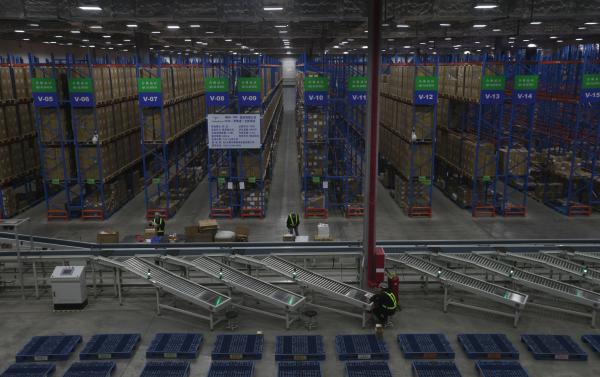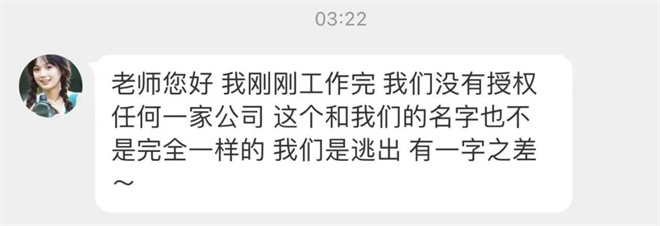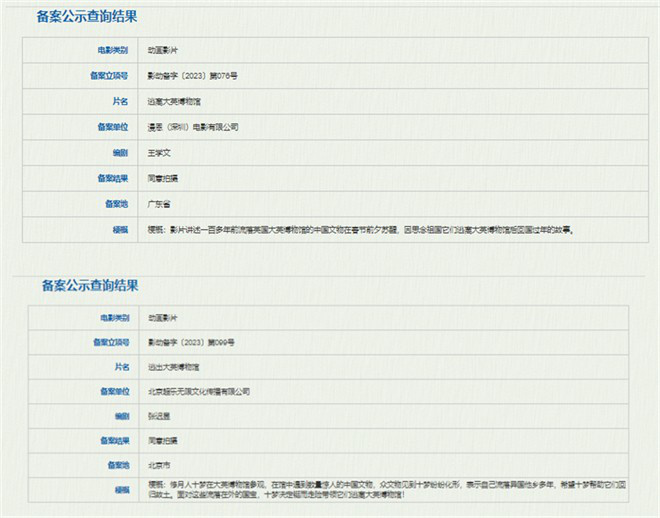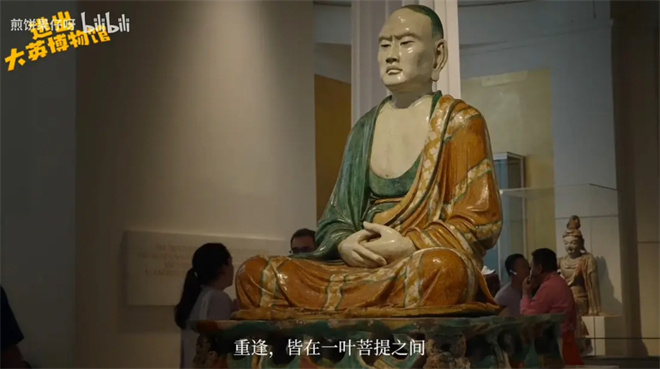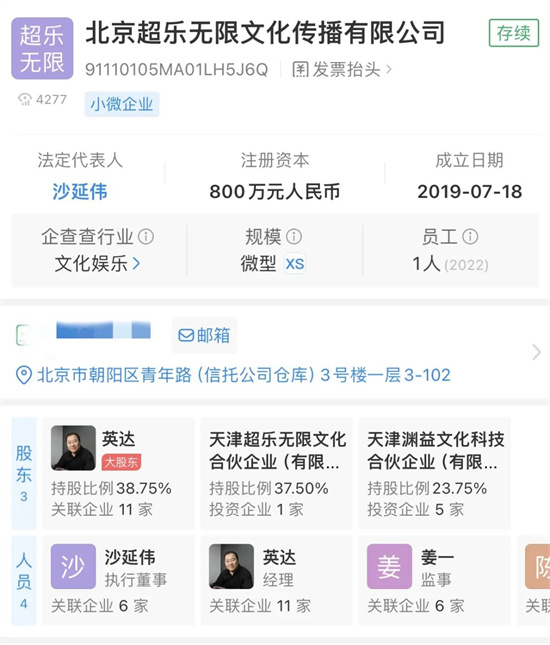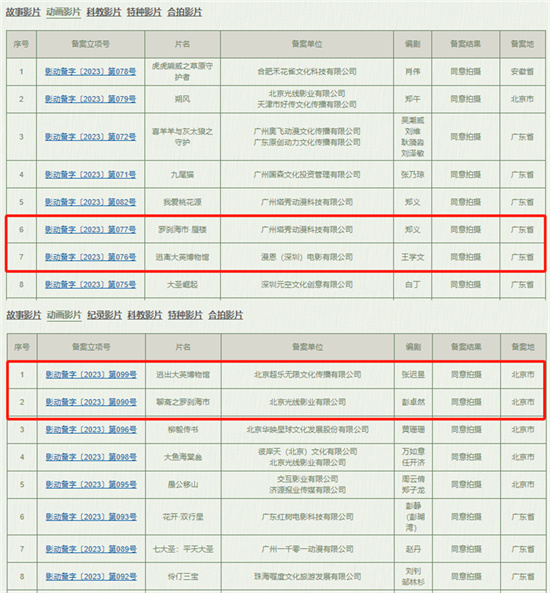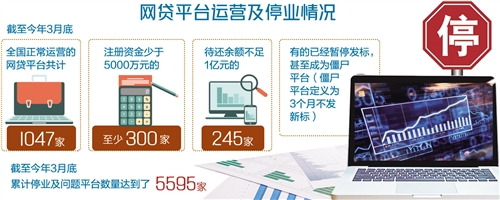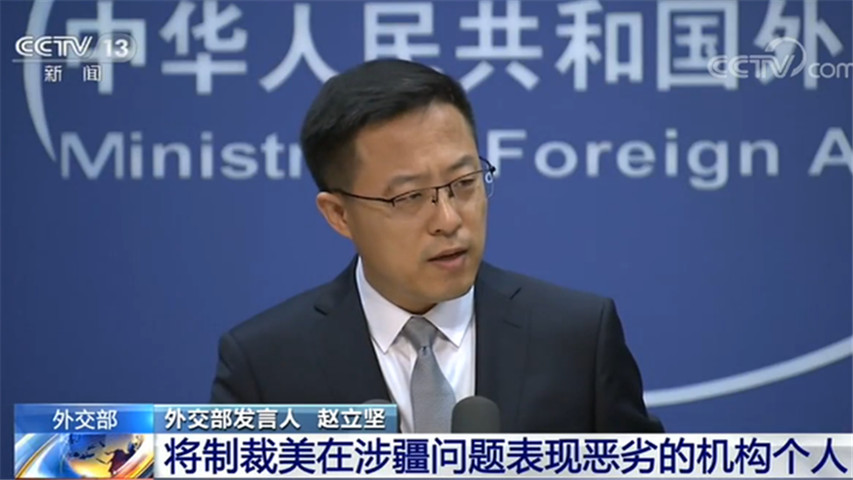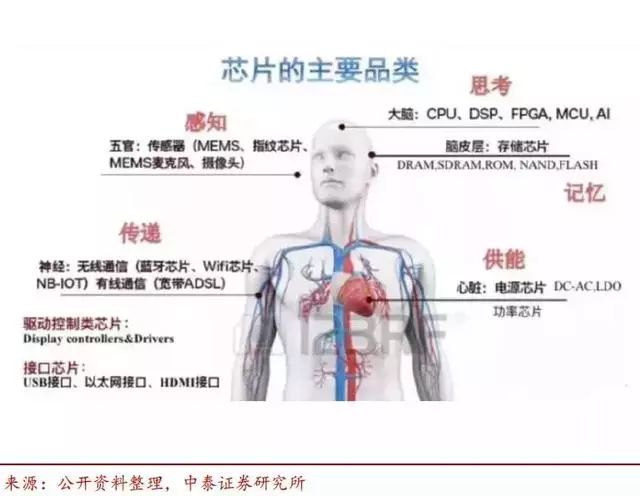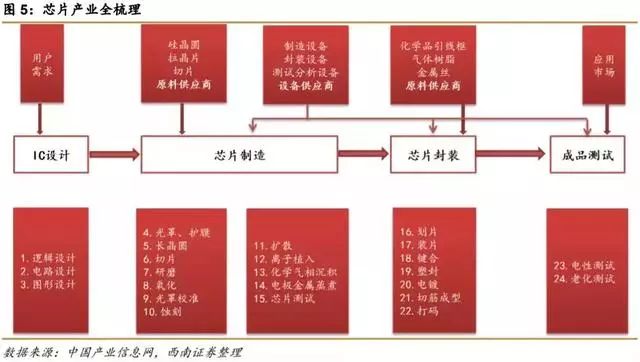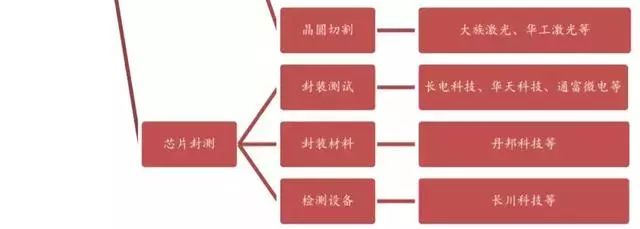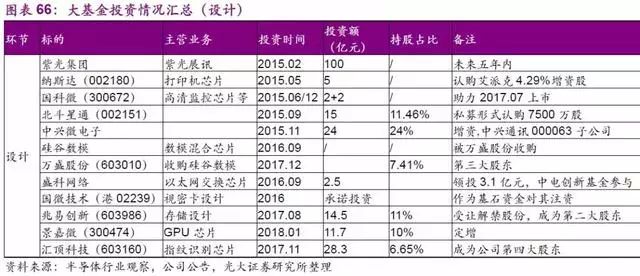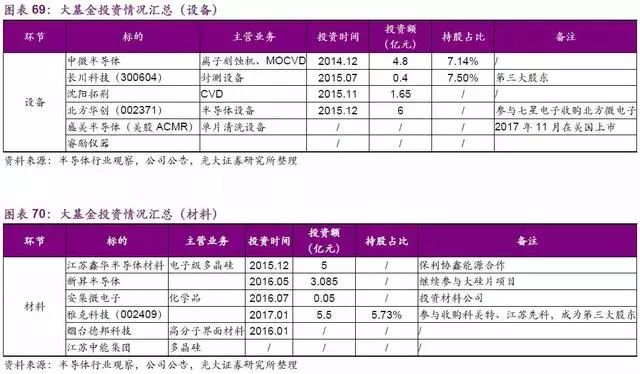Go on road trip survey on car rental: There are fewer models in peak season, and it is more troublesome to refund the rent over time.

book
Online booking is very convenient, and industry supervision needs to be improved.
The car rental platform should further improve the management mode, especially the management of car safety, such as regularly checking the safety performance of cars, repairing damaged cars in time, and forcibly scrapping dangerous cars to ensure the safety of car renters.
"Going to go on road trip, Xinjiang is an unforgettable experience." Tian Yu, who lives in Gongbei District, Zhuhai City, Guangdong Province, said that in July this year, he and his friends rented a car for seven days in Xinjiang and visited Tianchi, Turpan, Bosten Lake, the southern section of Duku Highway, Yili, Sailimu Lake and Karamay. "This is my first time renting a car in go on road trip, and it feels quite smooth."
Tian Yu said that go on road trip, Xinjiang is very popular in summer. When he booked a car on a car rental APP more than a month in advance, most of the cars at the local pick-up points had been booked, and only a few cars were available at some distant pick-up points, so he quickly placed an order. "The car is too tight, have no choice. Although the price is more expensive, it is acceptable. " Tian Yu said.
"It is very convenient to pick up the car at the pick-up point." Tian Yu said that after flying to Urumqi, he arrived at the car pick-up point at the scheduled time, signed the contract, paid the deposit, and checked the basic situation of the car, so he could drive off.
Car rental and self-driving are convenient, flexible and comfortable, and are loved by many tourists, especially young people. According to the statistics of China Travel Association and other institutions, go on road trip accounted for more than 65% of the national tourism market in 2017, and the total number of trips in go on road trip exceeded 3.1 billion, among which the proportion of parents, families and couples driving by car was the highest, and go on road trip became the first choice for holiday travel.
Zeng Bowei, an associate professor at the School of Tourism of Beijing Union University, said that the conditions in go on road trip are constantly maturing, and the national highway construction is constantly improving, especially the expressway mileage is growing rapidly, connecting tourist attractions with cities; Roads, parking lots, hotels and other related supporting software and hardware facilities in tourist attractions are becoming more and more complete, and the accessibility of cars is improved.
The development of mobile internet technology makes it more convenient to rent a car, navigate and book a hotel, and increases people’s enthusiasm for renting a car and driving by car. According to reports, Ctrip travel platform has opened car rental and self-driving services covering more than 330 domestic cities and more than 200 countries around the world, with more than 80,000 stores and more than 5 million cars for consumers to choose from.
Car rental and self-driving are very popular, but there are also some problems. For example, some consumers reported that booking a car in advance to the store was told that the travel plan was ruined because there were no reserved models, and the car rental platform was single in the peak season, the price was too high, and the quality of car rental could not be guaranteed.
According to industry insiders, the supervision of the car rental industry is still not perfect, and there is a lack of unified coordination and management departments. Some car rental platforms also have problems in internal management. As a service provider, the car rental platform should further improve the management methods, especially the management of car safety, such as regularly checking the safety performance of cars, timely repairing damaged cars and forcibly scrapping dangerous cars to ensure the safety of car renters.
on passage
Visiting is more free, and there are many embarrassments on the way.
Some roads have very low speed limits, and some scenic spots have no parking facilities. Tourists stop at narrow roadside to take pictures, which increases the risk on the way to go on road trip.
Xiong Liang is a doctor in Shaodong County, Hunan Province. On October 3-4 this year, he drove his family to Chenzhou City and visited Dongjiang Lake, Feitian Mountain Geopark and Epozhai. "These scenic spots have a large area and scattered scenic spots. It is only easy to drive." Xiong Liang said.
Xiong Liang drove from home to Chenzhou, the whole journey was nearly 350 kilometers, which was basically an expressway. He followed the navigation and drove smoothly. "Although the road conditions to the scenic spots become a bit complicated after getting off the expressway, with navigation and looking at road signs, it is easy to find the entrance to the scenic spot."
Xiong Liang found that the roads in scenic spots are becoming more and more humanized, and various road signs have increased a lot. Parking in the scenic spot is more convenient. If there are scenic spots nearby, a large parking lot will often be built along the road, so he and his family can stop to enjoy the scenery and take photos as a souvenir.
"Considering that the hotel price in the scenic spot is too expensive during the National Day holiday, I booked the hotel in the nearest county town from the scenic spot online, which is more affordable and has good conditions." Xiong Liang said that go on road trip didn’t encounter any problems during the whole meal and accommodation.
In recent years, the speed of road construction in scenic spots in China has been accelerating. Some remote scenic spots are also connected with expressways and high-grade highways, which have become popular attractions, such as the Aizhai Extra-large Suspension Bridge in Hunan and Tianlu in Zhangbei Grassland, attracting a large number of self-driving tourists. Local governments are also vigorously building scenic roads. For example, "Planning of Tourism Public Service System in Hebei Province" proposes that by 2020, the province’s 5A-level scenic spots and national-level tourist resorts will be connected with expressways, and 4A-level scenic spots, provincial-level tourist resorts and characteristic towns will be connected with secondary and above highways, thus completely solving the "last mile" problem of scenic spots.
Tian Yu said that even in the Dragon Pond scenic spot at an altitude of more than 2,000 meters on the mountainside of Tianshan Mountain in Xinjiang, the cell phone signal is very good, and you can also surf the Internet. There are several large parking lots near the Duku Highway for tourists to rest and enjoy the beautiful scenery. There is a resort near Bosten Lake. After purchasing tickets, tourists can drive in, eat, stay and enjoy the desert lake view.
However, some tourists in go on road trip encounter highway maintenance, the speed limit is very low, and even traffic jams, which greatly reduces their interest in traveling; Some tourists can’t find a parking place when they see a good scenic spot, so they can only take risks to stop at the narrow roadside to take pictures, which is dangerous. Some tourists book hotels online, but when they arrive at the place, they find that there are none. Other hotels are full and they can only spend the night in the car … …
Zeng Bowei believes that relevant departments should improve go on road trip’s services, such as providing go on road trip public information such as weather and road conditions in time, building enough road signs, adding and widening scenic parking lots, and encouraging the development of motels. "go on road trip has certain risks, so tourists are advised not to go to go on road trip, where natural disasters such as mudslides and avalanches often occur. Go on road trip should pay attention to check the weather and road information before. If you drive for a long distance, you should pay attention to the maintenance and safety inspection of the car to eliminate the problems of the car itself. It’s best to go with two or three people who can drive, and drive in turn to reduce fatigue driving. Obey the traffic rules when driving, and it is best not to catch up at night. "
Return the car
Overtime rent withdrawal is troublesome, and you will spend more money if you are not careful.
The car rental platform should constantly improve the service level, put an end to unreasonable terms, and let consumers be happy to pick up the car, drive safely and return the car smoothly.
"It’s very convenient to pick up the car, but I didn’t expect to have trouble returning it." Tian Yu said that he agreed with the car rental platform to pick up the car at 7 pm and return it. Unexpectedly, he encountered road maintenance on the expressway back to Urumqi, and the speed limit was very low. He could only drive 60 kilometers per hour at the fastest, and some sections were still blocked by traffic. He hurried slowly and finally got on the bus at 9: 30 in the evening.
"In the beginning, the staff at the car return point said that we were late, and the original 7-day package had to be changed to a daily rental fee." Tian Yu calculated an account, originally scheduled for a 7-day package, and charged 700 yuan every day. If the daily rent is charged, the daily fee is 900 yuan, which will cost 1,400 yuan more. "We are one and a half hours late, and it is obviously unreasonable to pay an extra 1,400 yuan for the package change."
The staff at the car return point insisted on changing the package, but Tian Yu disagreed. He called the customer service center of the car rental platform and explained the situation. The customer service staff said that they could not make a decision, so they found the relevant person in charge of the company. The person in charge thinks that Tian Yu’s lateness is a special reason, and decides to maintain the original set meal and only charge 50 yuan for her lateness. In this way, Tian Yu agreed to pay the car back.
According to industry insiders, some car rental platforms are indeed less reasonable in signing contracts with consumers, which is unfavorable to consumers and more beneficial to car rental companies. He believes that consumers who are late for returning the car due to objective reasons can charge according to the excess time, or charge a certain late fee, but can’t change the whole package, which will greatly increase consumers’ expenses.
Some consumers are confused: they want to rent a car in one city and return it in another city, but many car rental platforms can’t do this and require that the car must be returned in the same city.
"This is a market behavior." Zeng Bowei analyzed that the current car rental market is not big enough. If a car rental company provides car rental services in two cities, A and B, if all passengers drive their vehicles from A to B, there will be no cars to rent in A.. In this way, the car rental company must invest a lot of money to pull the vehicle back to A city, which is not cost-effective from the operational point of view. With the increasing market and more and more tourists renting cars, it may be more common to return cars in different places.
The person in charge of the Ctrip car rental platform said that for the car rental platform, it is necessary to further tap the service advantages of suppliers and provide users with better quality services. Every time Ctrip rents a car, it will understand the new needs of users through research and help suppliers to better improve and perfect their services.
"Car rental in go on road trip is becoming more and more popular. While making profits, the car rental platform should also continuously improve the service level, put an end to unreasonable terms, and let consumers be happy to pick up the car, drive safely and return the car smoothly. " Zeng Bowei said that in the future, with the increase of people’s rest time and the further convenience of transportation, go on road trip will usher in a new round of development.
Extended reading
Go on road trip has become the first choice for surrounding holidays.
The "2018 China go on road trip Report" published by Donkey Mama Travel Network shows that with the upgrading of tourism consumption, tourists pay more attention to the convenience and comfort of travel, and self-driving travel has become the first choice for people to travel around.
The surrounding go on road trip shows the characteristics of high-frequency consumption, and the seasonal go on road trip route is becoming more and more popular with tourists, with flowers in spring, summer vacation, climbing mountains in autumn and hot springs in winter, and similar characteristic routes run through the whole year.
Long-distance go on road trip, the popular destinations are concentrated in the western and northern border areas, mainly to experience the magnificent rivers and mountains, cultural heritage and natural scenery, among which Sichuan-Tibet 318-day road self-driving, self-driving through Hulunbeier grassland and the Western Silk Road are the most popular.
Judging from the tourists, 25 years old — 45-year-old tourists account for nearly 70%, and parents and family members account for nearly 60%; From the consumption content, rural tourism, famous scenic spots and parent-child parks are very popular.
(Reporter Shen Shaotie)
